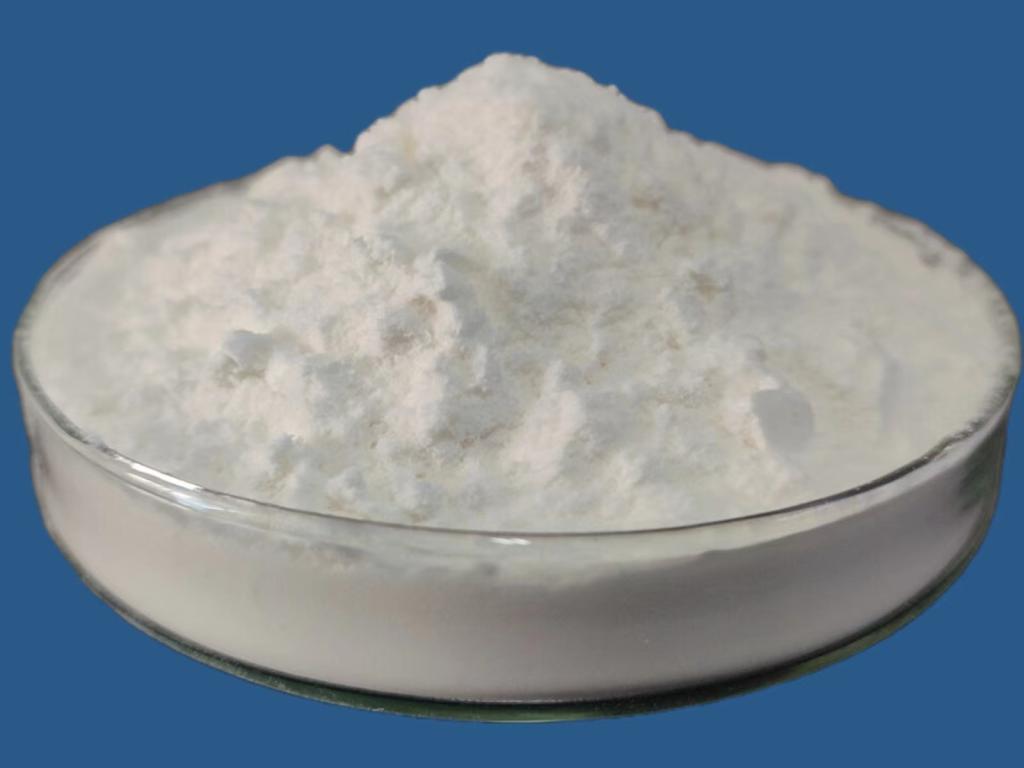Tel:+8618231198596

News
 CONTACT
CONTACT
 CONTACT
CONTACT
- Linkman:Linda Yao
- Tel: +8618231198596
- Email:linda.yao@dcpharma.cn
- Linkman:CHARLES.WANG
- Department:Overseas
- Tel: 0086 0311-85537378 0086 0311-85539701
News
What are the negative effects of ε-Polylysine hydrochloride?
TIME:2023-03-17
What is ε-Polylysine hydrochloride?
ε-Polylysine hydrochloride is a natural, cationic, homopolymer of lysine that is produced by microbial fermentation. It is a linear peptide that consists of 25-35 lysine residues linked by peptide bonds. ε-Polylysine hydrochloride is soluble in water and has a high molecular weight of approximately 5,000-10,000 Da. It is a safe and effective food preservative that has broad-spectrum antimicrobial activity against bacteria, yeasts, and molds.
Potential negative effects of consuming excessive amounts of ε-Polylysine hydrochloride
Allergic reactions
Excessive consumption of ε-Polylysine hydrochloride can lead to allergic reactions in some individuals. Symptoms of an allergic reaction may include hives, itching, swelling, and difficulty breathing. In severe cases, an allergic reaction can lead to anaphylaxis, which is a life-threatening condition that requires immediate medical attention.
Gastrointestinal disturbances
Consuming excessive amounts of ε-Polylysine hydrochloride can lead to gastrointestinal disturbances such as diarrhea, nausea, and vomiting. This is because ε-Polylysine hydrochloride can disrupt the normal balance of bacteria in the gut, leading to dysbiosis.
Liver damage
Excessive consumption of ε-Polylysine hydrochloride can lead to liver damage in some individuals. This is because ε-Polylysine hydrochloride can increase the production of reactive oxygen species (ROS) in the liver, which can lead to oxidative stress and damage to liver cells.
Kidney damage
Excessive consumption of ε-Polylysine hydrochloride can also lead to kidney damage in some individuals. This is because ε-Polylysine hydrochloride can increase the production of ROS in the kidneys, which can lead to oxidative stress and damage to kidney cells.
Developmental toxicity
Animal studies have shown that excessive consumption of ε-Polylysine hydrochloride during pregnancy can lead to developmental toxicity in offspring. This is because ε-Polylysine hydrochloride can cross the placenta and accumulate in fetal tissues, leading to toxicity and developmental abnormalities.
Antibiotic resistance
Excessive consumption of ε-Polylysine hydrochloride can also contribute to the development of antibiotic resistance in bacteria. This is because ε-Polylysine hydrochloride has broad-spectrum antimicrobial activity and can kill both pathogenic and beneficial bacteria in the gut. This disruption of the normal balance of bacteria in the gut can lead to the overgrowth of antibiotic-resistant bacteria.
Conclusion
In conclusion, ε-Polylysine hydrochloride is a safe and effective food preservative that has been used for several years. However, excessive consumption of ε-Polylysine hydrochloride can have negative effects on human health, including allergic reactions, gastrointestinal disturbances, liver and kidney damage, developmental toxicity, and antibiotic resistance. Therefore, it is important to consume ε-Polylysine hydrochloride in moderation and to follow the recommended guidelines for its use as a food preservative.
- Tel:+8618231198596
- Whatsapp:18231198596
- Chat With Skype







